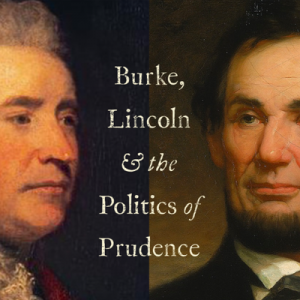 “Old Whig” isn’t a political term that trips off the tongue these days. The phrase itself was coined by Edmund Burke in his August 1791 pamphlet An Appeal from the New to the Old Whigs in which he sought to explain to some of his erstwhile colleagues why his rejection of the French Revolution was entirely consistent with Whig principles rather than a betrayal.
“Old Whig” isn’t a political term that trips off the tongue these days. The phrase itself was coined by Edmund Burke in his August 1791 pamphlet An Appeal from the New to the Old Whigs in which he sought to explain to some of his erstwhile colleagues why his rejection of the French Revolution was entirely consistent with Whig principles rather than a betrayal.
The pamphlet has many effects, one of which was to help split the Whig party on the basis on views about whether what was happening across the Channel was an essentially good or basically bad development. At this same time, it represented the development of a distinct political tradition within the Anglo-American world which still exists in sections of the conservative world today.
This tradition is explored in a new book by Greg Weiner, Old Whigs: Burke, Lincoln & the Politics of Prudence. For those interested in the history of ideas, it’s very much worth reading. For those looking for a good discussion of this topic, I’d recommend listening to this LibertyLawTalk podcast in which Weiner and Law and Liberty’s executive editor, Richard M. Reinsch, discuss the Old Whig idea, how it has played out in the context of American political history, and its implications for the present state of affairs in the United States.

